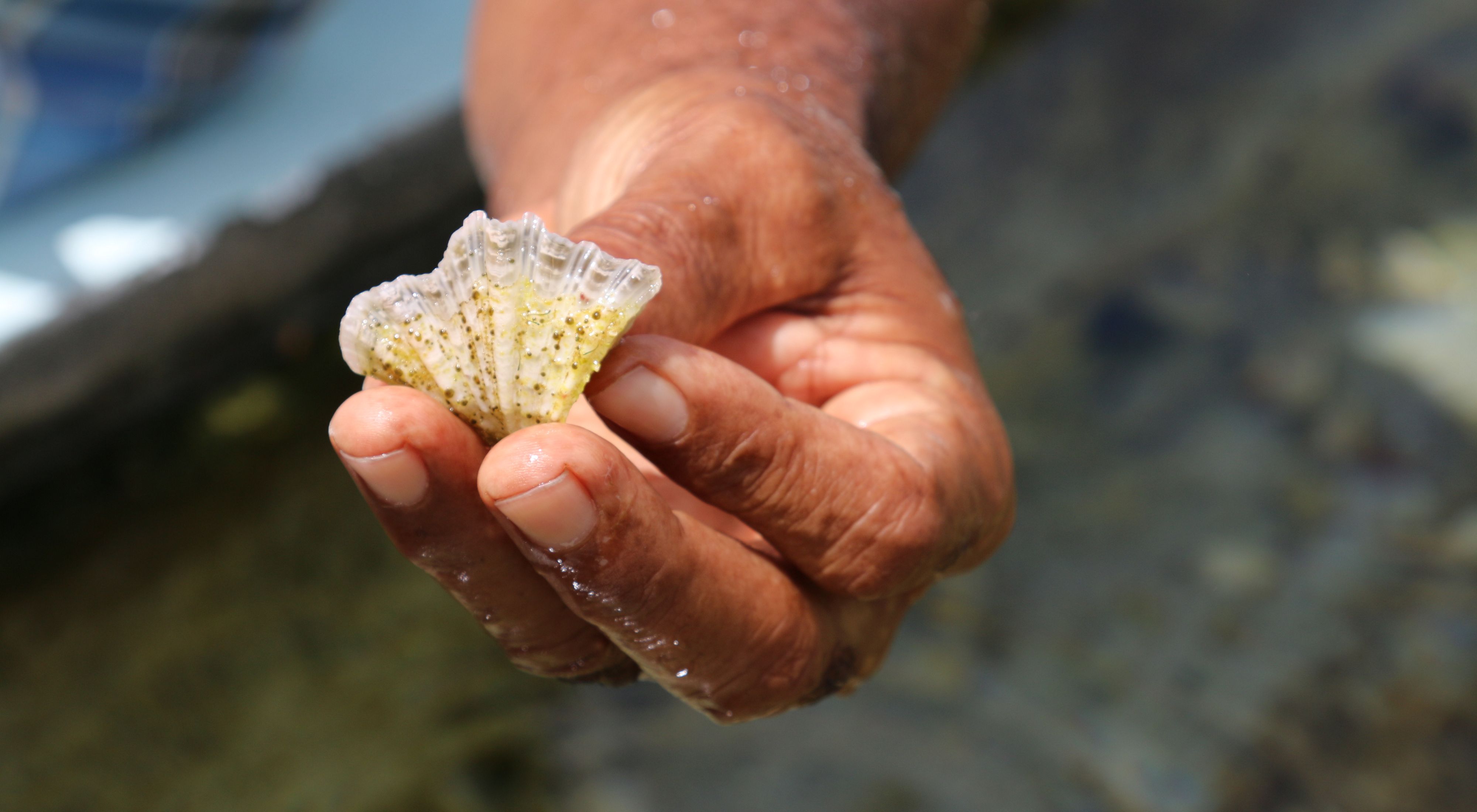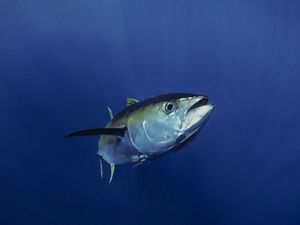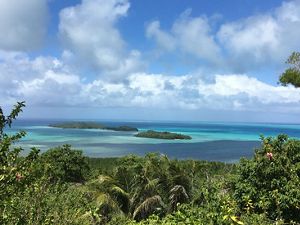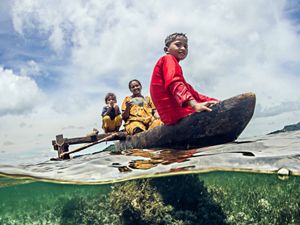Stories in the Pacific Islands
Sustainable Aquaculture = Healthy Food for Asia Pacific
We are helping communities develop aquaculture to take the pressure off fisheries.
From seaweed cultivation to fish farming, aquaculture, when practiced in a sustainable manner, can feed millions of people, support national economies and protect coastal ecosystems. But in many parts of Asia Pacific, this industry does more harm to nature than good. That’s why we’re working in three different markets (Indonesia, New Zealand and the Pacific Islands) to introduce better techniques for growing food in the marine environment.
Asia Pacific is at the heart of TNC’s global aquaculture program and is home to 90 percent of the global aquaculture industry. We are partnering with multiple stakeholders, such as government, tribal groups, farmers and communities, to tangibly demonstrate how aquaculture can feed a booming population, provide economic opportunity and preserve the region’s incredible biodiversity.
For example, in Indonesia, the world’s second-largest aquaculture producer after China, some of the nation’s poorest people farm seaweed, a key ingredient found in many consumer products. However, poorly planned development of this crop increasingly damages coral reefs and sea grasses that, when healthy, provide habitat to abundant marine life. Here, TNC is working with farmers to reduce the negative ecological impacts of seaweed farming while strengthening economic stability through better farming techniques.
The Federated States of Micronesia has seen a significant decline in wild fish stocks, due in part to overfishing and climate change impacts that are shifting fish stocks away from its fisheries. The nation’s aquaculture sector has focused on marine invertebrates such as sponges, pearl oysters, and giant clams—all of which have high value and do not require manufactured feed but have limited contribution to local food security. TNC will use its experience in working with FSM partners to sustainably cultivate rabbitfish (a popular local species that has been successfully farmed elsewhere in the Pacific) and explore how to replicate and scale fish farms elsewhere in Micronesia.
New Zealand’s aquaculture industry is renowned for its environmental sustainability and high-quality products, yet faces significant barriers to growth and social acceptance as a part of the New Zealand seascape. Māori indigenous groups, in particular, aspire to develop aquaculture to support remote and impoverished communities. We intend to focus on maximizing ecological benefits of green-lipped mussel farming and evaluate the potential production of a local seaweed species that, when used in cattle feed, can reduce cattle methane emissions by up to 70 percent.
Read more about the potential for aquaculture.



